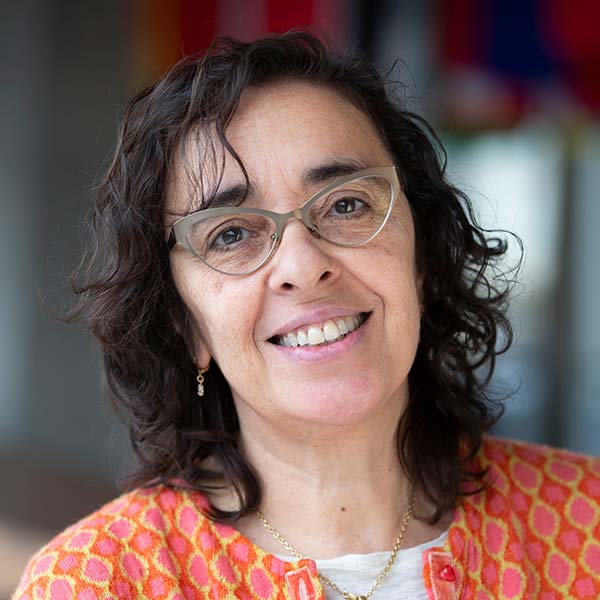Loading...

By 10 October 2021, the world will have grappled with the COVID-19 pandemic for over 18 months. Billions of people have been affected. Many people face economic turmoil, having lost their incomes and livelihoods. Countless have struggled with serious concerns about their physical health, or the health of those they love. There has been widespread fear of infection, death and loss of family members. Numerous individuals and families have been distanced from their social support networks and communities. Throughout the pandemic, we have seen the consequences of these issues on people's mental health, and each of us understands how COVID-19 has impacted our well-being.
Still, these impacts have not been evenly distributed. We know that many groups are at greater risk. Health-care and other frontline workers and first responders have been frequently exposed to complex stressors in overwhelmed systems. Children and adolescents continue to be forced to adjust to disrupted education and remote learning. People living with physical and mental health conditions have faced both disruptions in care and exacerbation of existing conditions. And people caught up in fragile humanitarian settings confront incredible adversity compounded by the pandemic. Moreover, while many countries today are experiencing slow returns to some normality, with social spaces re-opening, restrictions loosening and access to and uptake of vaccination increasing, others continue to struggle with increasing rates of transmission and overwhelmed hospitals and health systems.
COVID-19 has put the spotlight on the inequality that exists all around us. One example is the unequal access to mental health care. Across the world, far too few people have access to quality mental health services. In high-income countries, nearly 75% of people with depression report not receiving adequate care. In low- and middle-income countries, more than 75% of people with mental health conditions receive no treatment at all for their condition. Despite these inequalities, governments spend on average just over 2% of their health budgets on mental health and international development assistance for mental health has never exceeded 1% of development assistance for health.
Yet, in the face of these grim realities, there remains reason for hope. Momentum is growing internationally to advance the mental health agenda and governments around the world have recognized that access to these services must be scaled up at all levels. In May 2021, this sentiment was officially expressed with the World Health Assembly's endorsement of the updated appendices of World Health Organization's Comprehensive Mental Health Action Plan, now extended to 2030. This plan extends and builds upon the ambitious objectives laid out in its predecessor and represents a renewed commitment to take action on mental health from nations around the globe. In endorsing this updated Action Plan, Member States agreed to targets relating to expansion of service coverage, increasing the number of community-based mental health facilities and integrating mental health into primary care.
In addition, they agreed to develop and strengthen mental health services and psychosocial support as part of universal health coverage and in preparedness and response to emergencies, with a particular focus on improving the understanding and acceptance of mental health conditions, vulnerable populations and use of innovative technologies. This represents one of many powerful calls to action during the pandemic that have been made to bring about equal and universal access to mental health services for those in need. Others include those of the United Nations Secretary-General, numerous heads of state and government, UN agencies, nongovernmental organizations and countless professional associations, civil society actors, and community-based groups. The collective voice and support for mental health is loud and growing. Fortunately, many of the tools, approaches and strategies necessary to increase access to mental health care are already available and have been shown to be effective when there is active engagement, commitment and investment. Throughout the pandemic, we have seen numerous examples of countries already taking action to improve access to quality and effective mental health services despite the challenges of COVID-19. Many have continued the upward trajectory that began well before COVID-10, sometimes many years before, to improve the mental health care available to their populations. Meanwhile, others have been motivated to act by the immense suffering brought on by the past 18 months. Throughout, innovative and scalable solutions have been developed to promote access. These initiatives represent key advances in the global effort to increase quality mental health care.
Nonetheless, there remains much work to be done. We must seize this historic opportunity for action with both hands and not let go. Mental health cannot be ignored any longer.
On World Mental Health Day, the focus on mental health is global. It is an opportunity for all those of us with responsibility for improving access to mental health care to take a critical look at what we can do better. It is a time to listen to the experiences of people from across the world who have been doing their best to take care of their mental health in the most challenging of circumstances. And it is a day to look around us and offer our support to people who are struggling.
Mental health care for all: let's make it a reality.